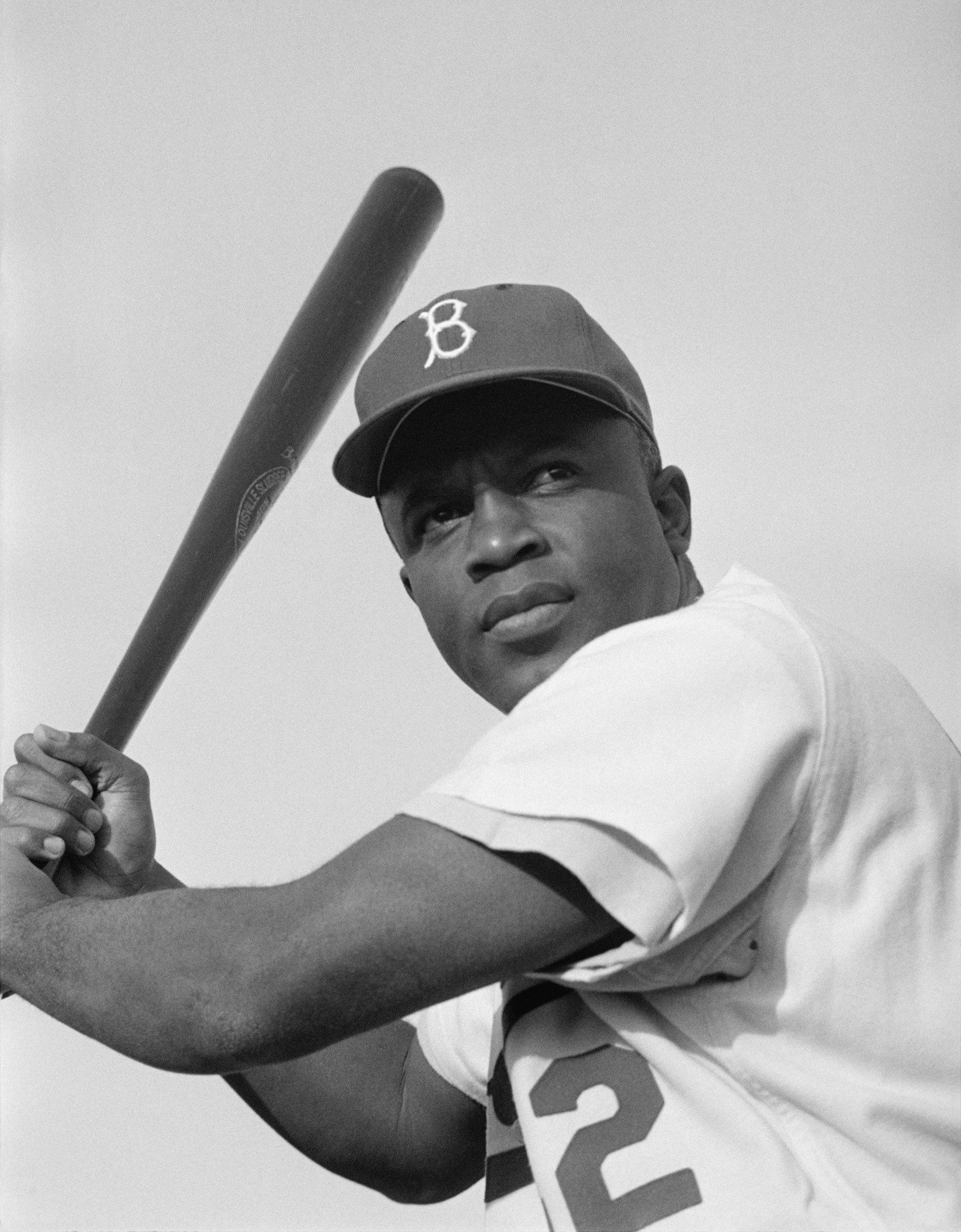Number 42 continues to be Number 1
By Art Dlugach
He played first base—an appropriate position—because 75 years ago, April 15, 1947, Jackie Robinson became the first African American to play in the major leagues. Robinson was signed by the Brooklyn Dodgers, with team president Branch Rickey winning most of the praise for this historic moment occurring at Ebbets Field.
Probably too many of us—I was almost four years old at the time—think Robinson was heading for glory and good times. Glory, yes, as he would be named the 1947 MLB Rookie of the Year and his 10-year career would be capped by induction into the Hall of Fame.
However, the man who lettered in four sports at UCLA and would become a Second Lieutenant during World War II would face numerous struggles and taunts and rejections, primarily in his first few seasons in baseball. Some players did not want a Black man in the league and threatened to strike. Some hotels and restaurants refused to serve Blacks.
I grew up in Memphis, Tennessee, not exactly a Deep South city, but close enough. My family and I didn’t do anything to fight racism.
The Civil Rights movement was a number of years away from Jackie Robinson’s emergence in the glistening Dodger uniform. Ironically, it was in 1955—his next-to-last season—that Rosa Parks refused to give up her seat to a white man on a bus in Montgomery, Alabama. That brave act led to boycotts and marches by African Americans opposing laws of segregation. It also led to national prominence for a leader of the fight: a preacher, Dr. Martin Luther King, Jr.
Jackie Robinson assisted in the cause and became a successful businessman. The battle for due respect for his race would make great strides in the years before his death in 1972. Today, the service industry and neighborhoods are almost all open to all races, and African Americans occupy major political and business offices throughout the nation.
Jackie Robinson’s jersey number, 42, has been retired by the Dodgers and all of baseball.
Coincidentally, I have just finished reading a book on the history of the Harlem Globetrotters. They faced racism themselves for many years after they began play in 1930—the exact year is debatable. Their contribution to irony was during their 1950s’ trips to Europe and other countries, where so many people didn’t know a free throw from a lay-up. They were thoroughly praised for what they did on the court and were granted almost total access to hotels and restaurants.
Jackie Robinson would be proud of what he did and how far the nation has come to fully prove that “all men are created equal,” but he would probably be fighting for more.
If you have not seen the movie, “42,” please try and see this wonderful biopic of Mr. Robinson’s life.
It is truly a tribute to our nation that 75 years after he walked onto the Ebbets Field diamond we remember Jackie Robinson, and many of us think he may have been the most important player in the history of sports in our country.
My guess is his life will live in our memories for decades to come—far exceeding 75 years.
Watch Dlugach on The Broad Podcaster channel on YouTube.com with Fierro. Please like, subscribe and share.




Playing first base, he was near the dugout in case violence erupted.